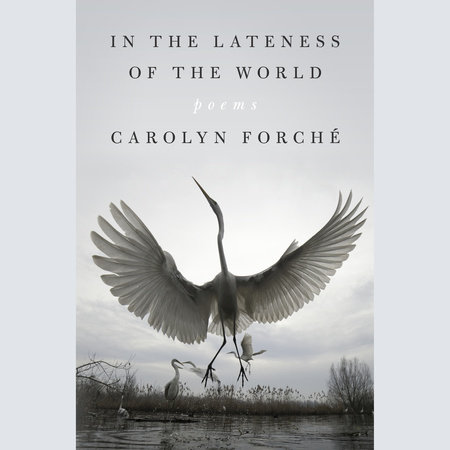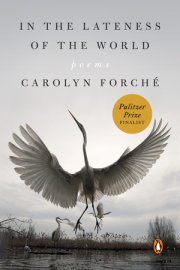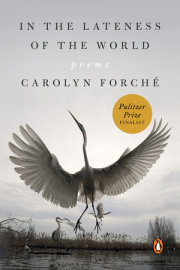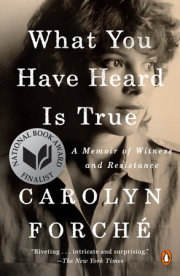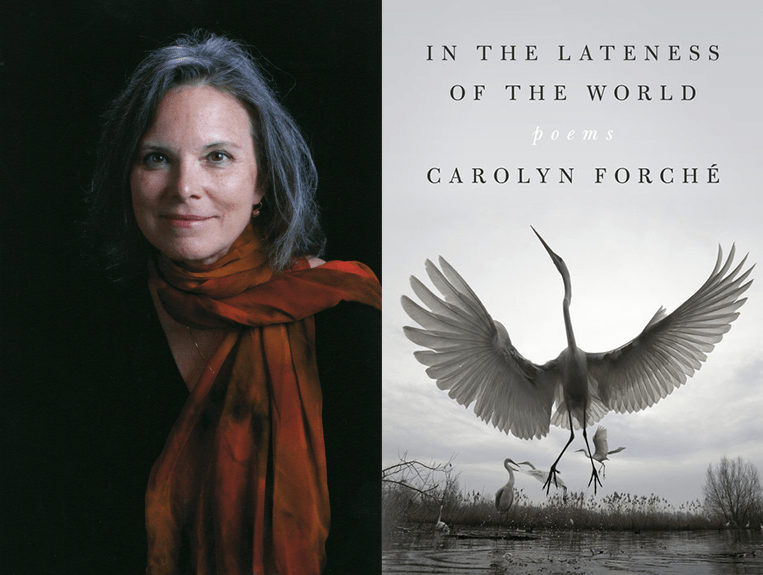Museum of Stones
These are your stones, assembled in matchbox and tin,
collected from roadside, culvert, and viaduct,
battlefield, threshing floor, basilica, abattoir-
stones, loosened by tanks in the streets,
from a city whose earliest map was drawn in ink on linen,
schoolyard stones in the hand of a corpse,
pebble from Baudelaire's oui,
stone of the mind within us
carried from one silence to another,
stone of cromlech and cairn, schist and shale, hornblende,
agate, marble, millstones, ruins of choirs and shipyards,
chalk, marl, mudstone from temples and tombs,
stone from the silvery grass near the scaffold,
stone from the tunnel lined with bones,
lava of a city's entombment, stones
chipped from lighthouse, cell wall, scriptorium,
paving stones from the hands of those who rose against the army,
stones where the bells had fallen, where the bridges were blown,
those that had flown through windows, weighted petitions,
feldspar, rose quartz, blue schist, gneiss, and chert,
fragments of an abbey at dusk, sandstone toe
of a Buddha mortared at Bamian,
stone from the hill of three crosses and a crypt,
from a chimney where storks cried like human children,
stones newly fallen from stars, a stillness of stones, a heart,
altar and boundary stone, marker and vessel, first cast, load and hail,
bridge stones and others to pave and shut up with,
stone apple, stone basil, beech, berry, stone brake,
concretion of the body, as blind as cold as deaf,
all earth a quarry, all life a labor, stone-faced, stone-drunk
with hope that this assemblage of rubble, taken together, would become
a shrine or holy place, an ossuary, immovable and sacred
like the stone that marked the path of the sun as it entered the human dawn.
The Boatman
We were thirty-one souls, he said, in the gray-sick of sea
in a cold rubber boat, rising and falling in our filth.
By morning this didn't matter, no land was in sight,
all were soaked to the bone, living and dead.
We could still float, we said, from war to war.
What lay behind us but ruins of stone piled on ruins of stone?
City called "mother of the poor" surrounded by fields
of cotton and millet, city of jewelers and cloak-makers,
with the oldest church in Christendom and the Sword of Allah.
If anyone remains there now, he assures, they would be utterly alone.
There is a hotel named for it in Rome two hundred meters
from the Piazza di Spagna, where you can have breakfast under
the portraits of film stars. There the staff cannot do enough for you.
But I am talking nonsense again, as I have since that night
we fetched a child, not ours, from the sea, drifting face-
down in a life vest, its eyes taken by fish or the birds above us.
After that, Aleppo went up in smoke, and Raqqa came under a rain
of leaflets warning everyone to go. Leave, yes, but go where?
We lived through the Americans and Russians, through Americans
again, many nights of death from the clouds, mornings surprised
to be waking from the sleep of death, still unburied and alive
with no safe place. Leave, yes, we'll obey the leaflets, but go where?
To the sea to be eaten, to the shores of Europe to be caged?
To camp misery and camp remain here. I ask you then, where?
You tell me you are a poet. If so, our destination is the same.
I find myself now the boatman, driving a taxi at the end of the world.
I will see that you arrive safely, my friend, I will get you there.
Copyright © 2020 by Carolyn Forché. All rights reserved. No part of this excerpt may be reproduced or reprinted without permission in writing from the publisher.

